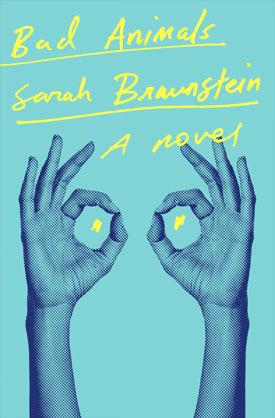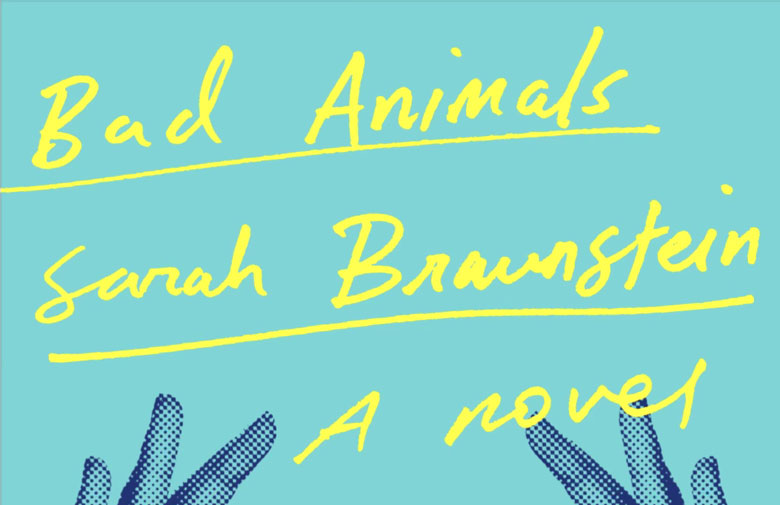Bad Animals
By Sarah Braunstein (W.W Norton, 2024)
I’m not sure if “a novel” is a subtitle or an aside for Sarah Braunstein’s Bad Animals, but the story might also be described as a mystery and a romance, a book that seems to delight in pointing out how quirky librarians can be.
The story is told by one: Maeve Cosgrove, who works in a library in an unidentified place in Maine. Braunstein lives in Portland and teaches at Colby College and the story references both Portland, Southern Maine, and the Midcoast.
Maeve loved her job and programming for library events, but she gets canned for a contested reason. Was it an adolescent girl, trying to make trouble by reporting her as a “peeping Tom,” or was it budget cuts, the official reason she was given?
A book club would have a lot of fun with this, as it can be understood multiple ways.
Maeve agrees to a new “job,” that of “facilitating” the telling of the life story of Willy, fiancé of a former colleague, Katrina (still at the library), as told to famous author Harrison Riddles (we are left to wonder who his real-life equivalent would be). Riddles, having heard of Willy in fan letters Maeve wrote him, as well as letters he received from Willy, now wants to make it his next book.
The work takes place at Riddles’ summer home on the Maine coast. Willy is a “New Mainer,” having resettled in the U.S. from Sudan during high school, now proficient in English and studying in college.
As with Misery, Stephen King’s story about how a besotted fan can actually hurt the author she adores, Maeve seems capable of ill will at the same time as “doing anything” for Harrison.

No longer the meek librarian but a thrill-seeking mid-career empty nester, she even ingests part of a mystery plant, part of her college daughter’s botanical experiment, which seems to provide a kind of mind-altering experience. And Maeve ventures into therapy, which also seems mind-altering; she accepts that her depression needs help from a source other than illicit romance.
Bad Animals is thoughtful and enjoyable, combining memorable characters, a twisty plot, and lots of good loose ends. Richard Russo is quoted on the back cover: “…a dazzling high-wire act. Absolutely chilling.” A book club would have a lot of fun with this, as it can be understood multiple ways.
The novel reminds me of the film Adaptation, based on the book by Susan Orlean, The Orchid Thief, where a non-fiction writer researches rare orchids in Florida jungles. The movie has her character ingesting mind-altering drugs, and having a sensational, torrid romance that is, on the face of it, highly unlikely.
We can even wonder if Maeve is the book’s imagined author, conjuring up adventures and a sexy author’s erotic interest in her. You may never look at a librarian the same way and assume anything “boring.”
What a perfect character a librarian is for a mystery—we assume the character knows everything or at least how to find anything, like a detective, and that all their thrills are vicarious ones. They seem so fact-bound; how often do we wonder at their own inner life and imagination?
Tina Cohen is a former librarian who left mid-career to become a therapist, and spends most of the year on Vinalhaven, reading and writing.





